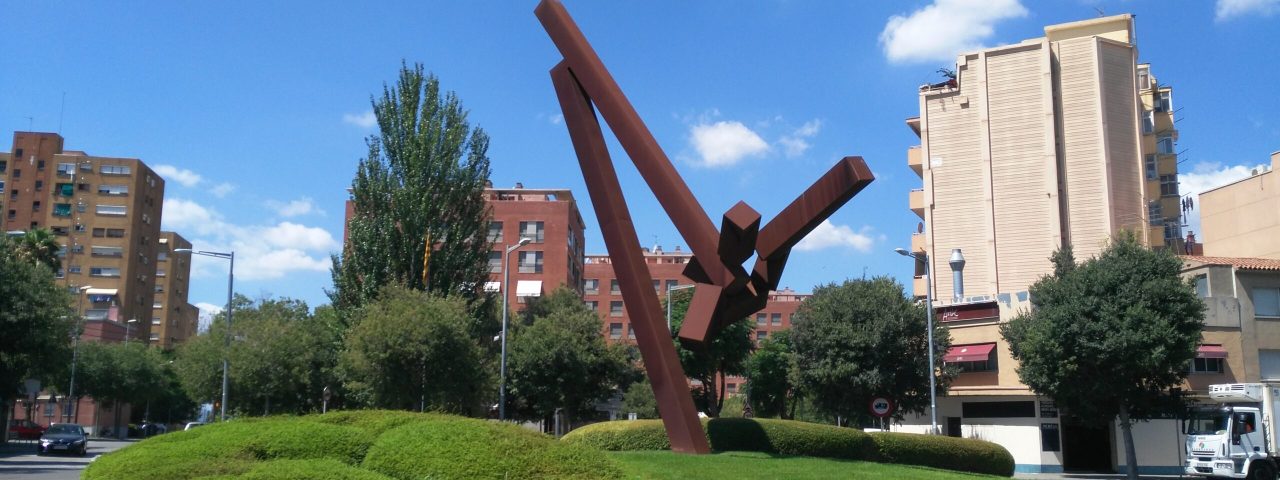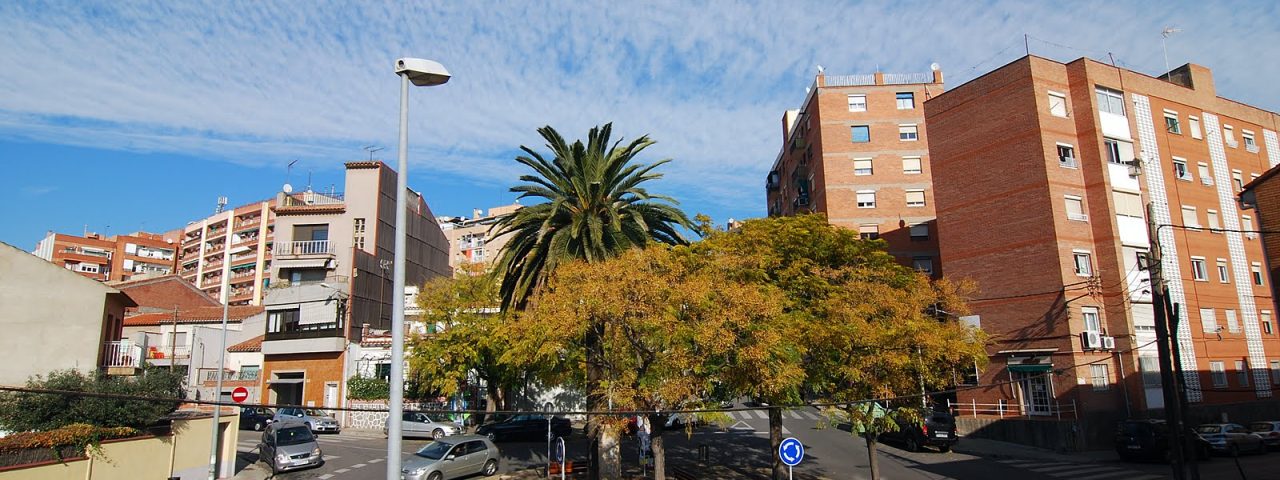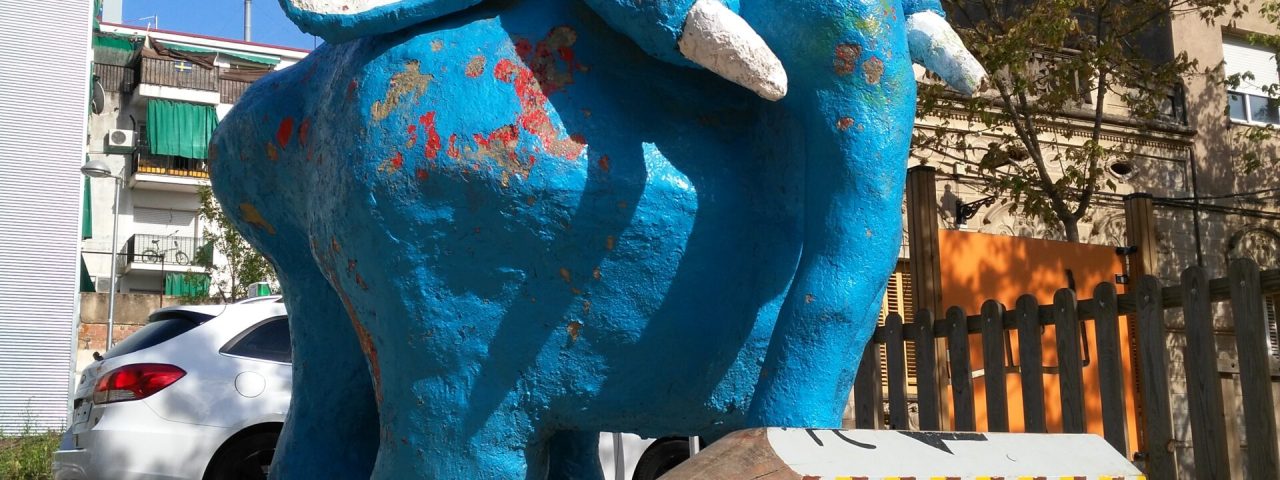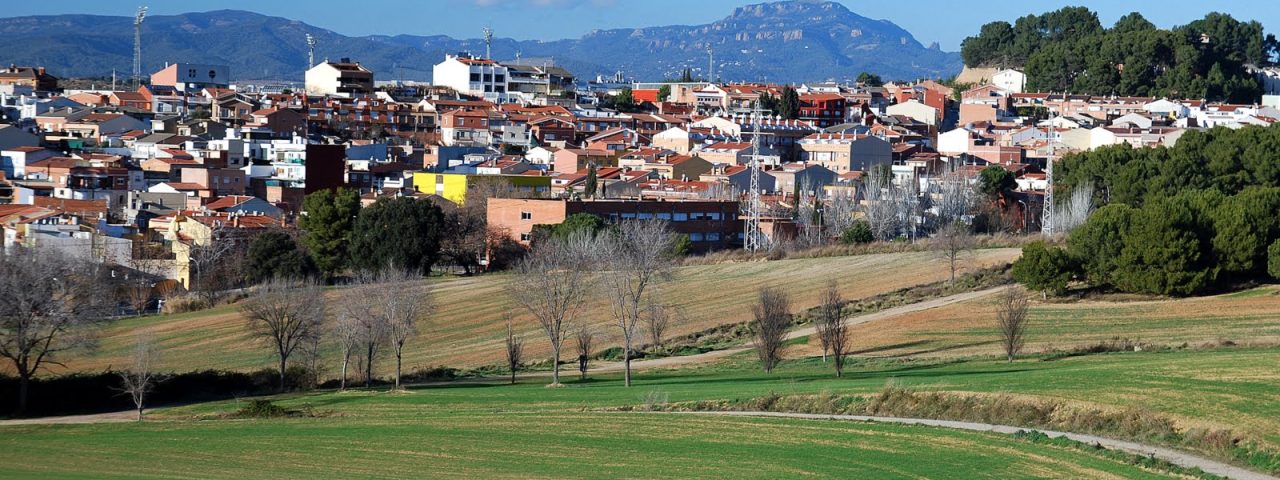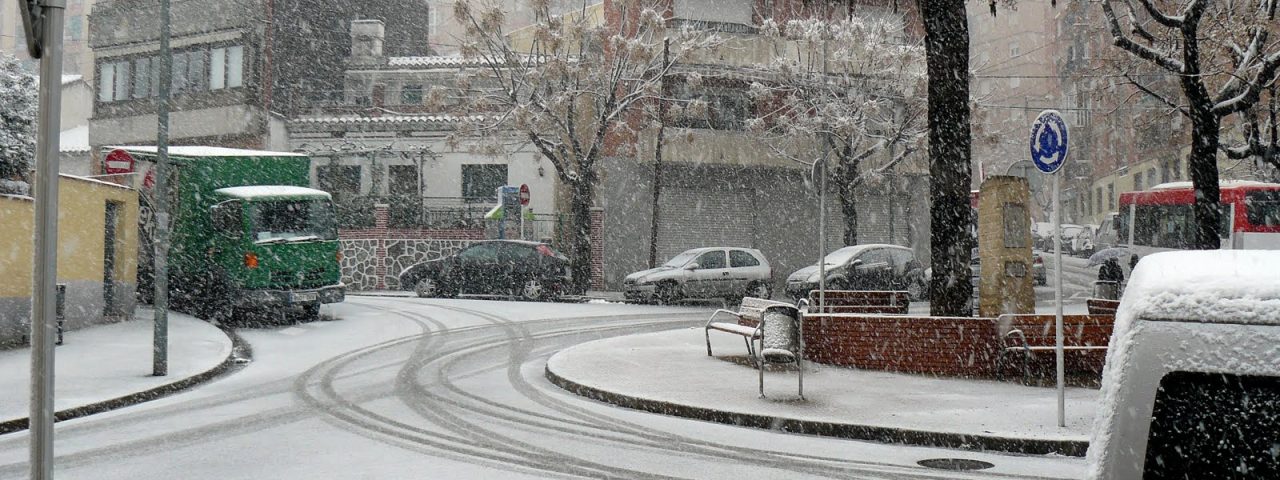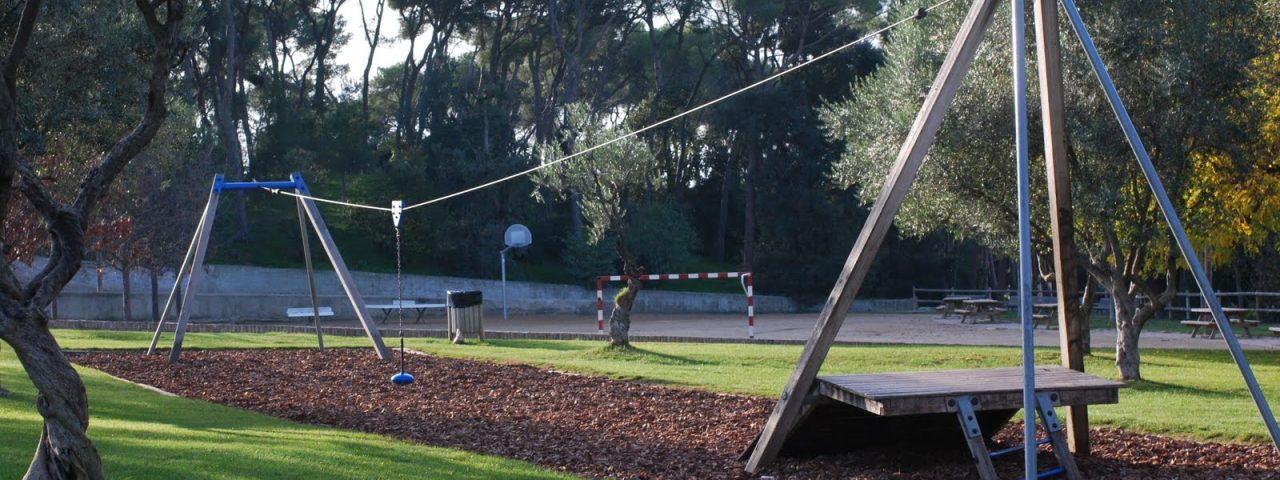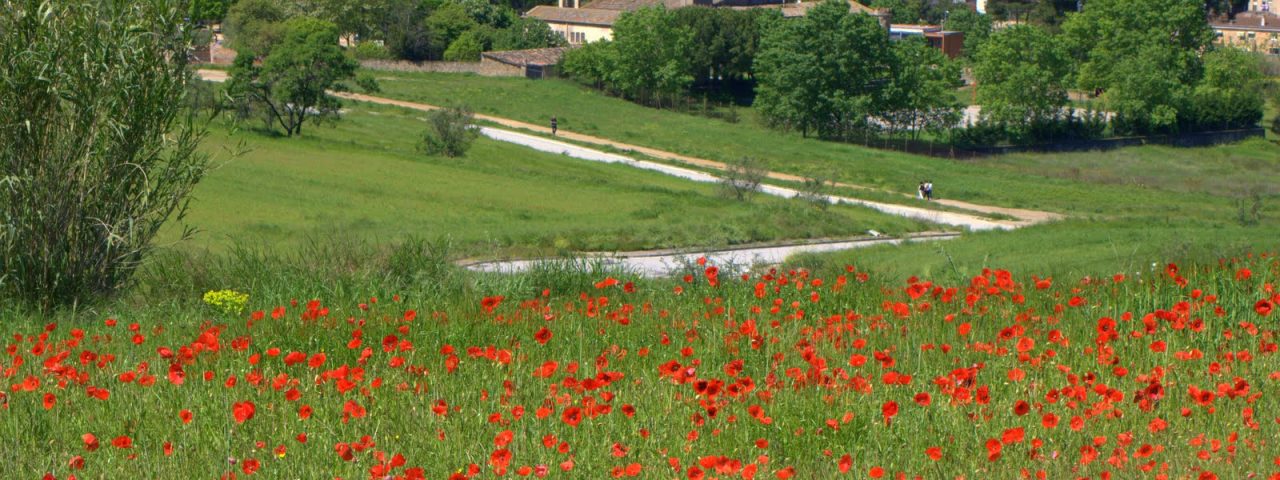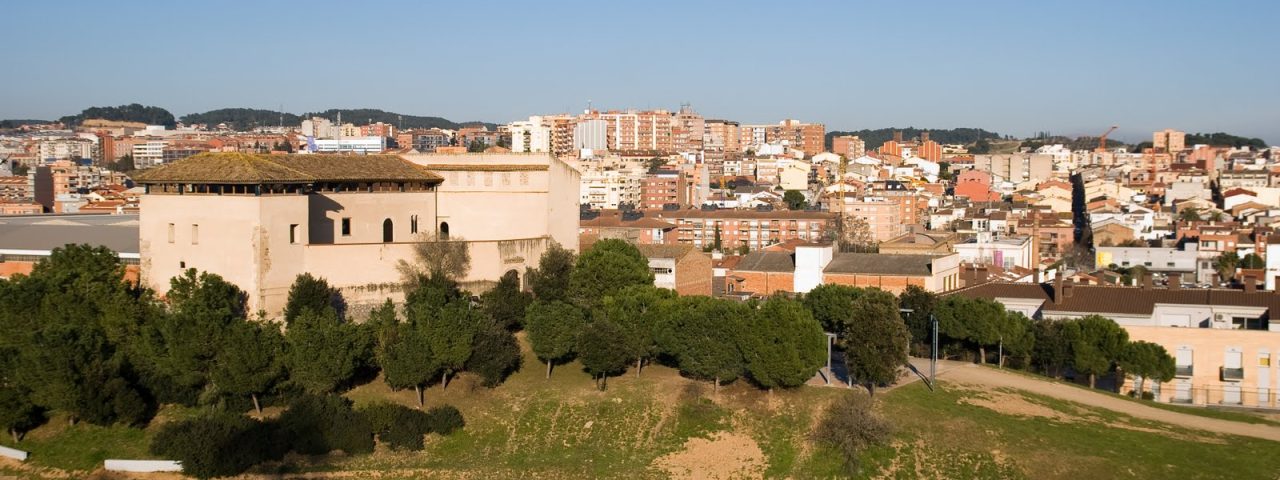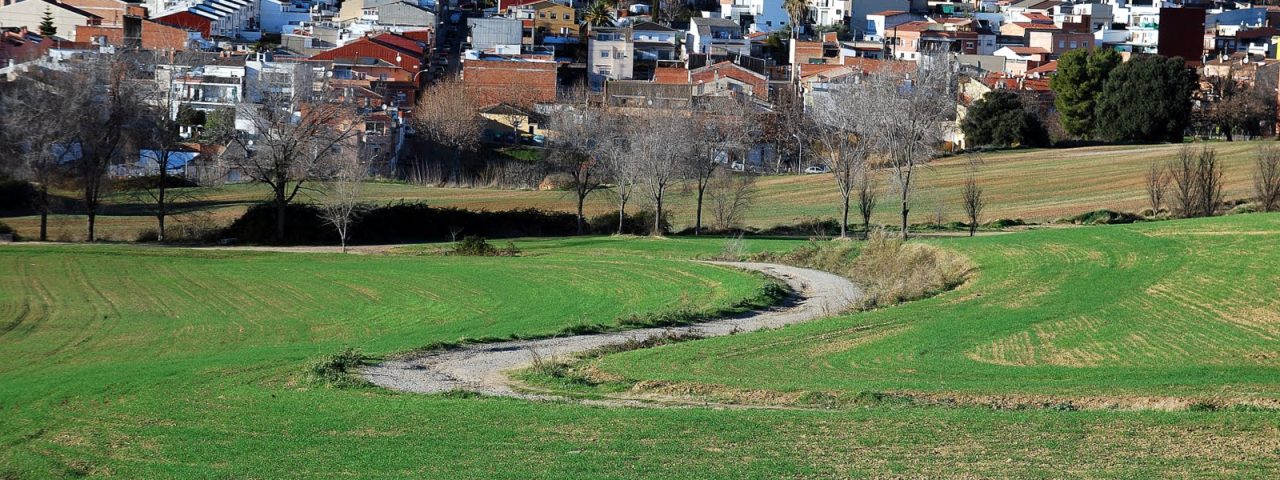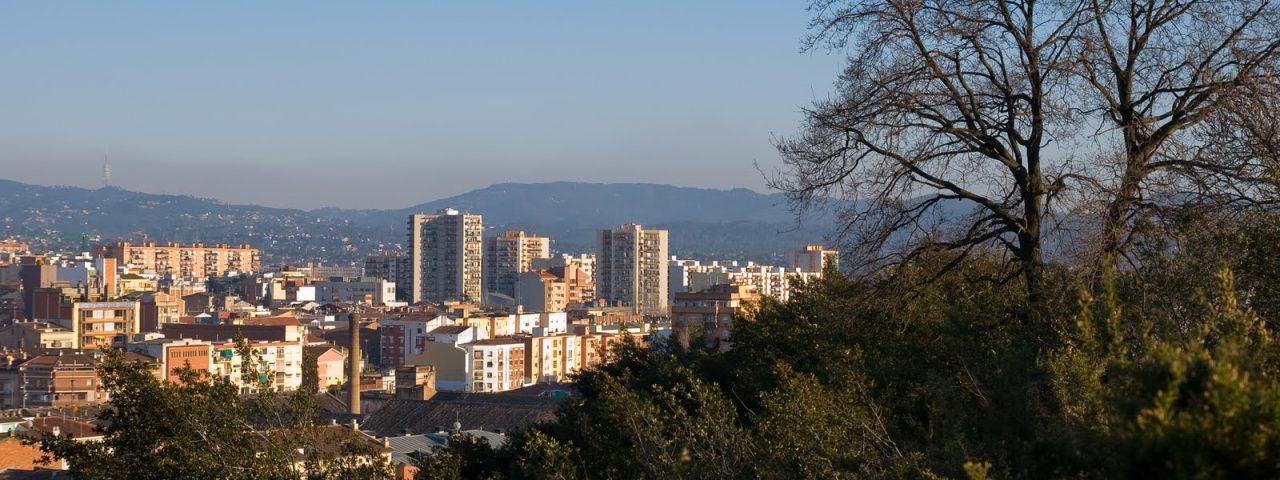Rubí’s history dates back to Roman times, and its development has been influenced by several important historical periods, including the Middle Ages and the industrial revolution. Historically, Rubí was a small agricultural village, but its proximity to Barcelona spurred growth, particularly during the 19th and early 20th centuries when it became an important industrial center. The city retains many elements of its past, from Roman archaeological remains to medieval architecture, offering a rich tapestry of history for visitors to explore.
The city is also deeply rooted in Catalonian culture, with local festivals and traditions playing a significant role in the community. One of the most notable events is the Festa Major de Rubí, held in late June, which celebrates the city’s patron saint, Saint Peter. This festival showcases local customs, music, and dances, along with a vibrant parade and fireworks. Rubí’s cultural life is also reflected in its numerous smaller festivals, often centered around local agriculture, gastronomy, and religious celebrations.
Culturally, Rubí embodies the Catalonian spirit of independence and regional pride. The city’s language and traditions reflect this strong sense of identity, offering visitors an authentic experience of Catalonia’s unique heritage.
